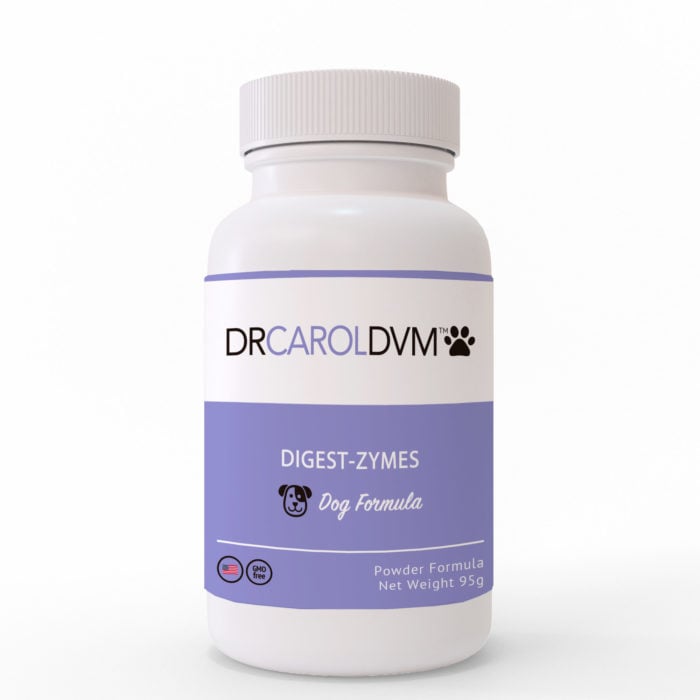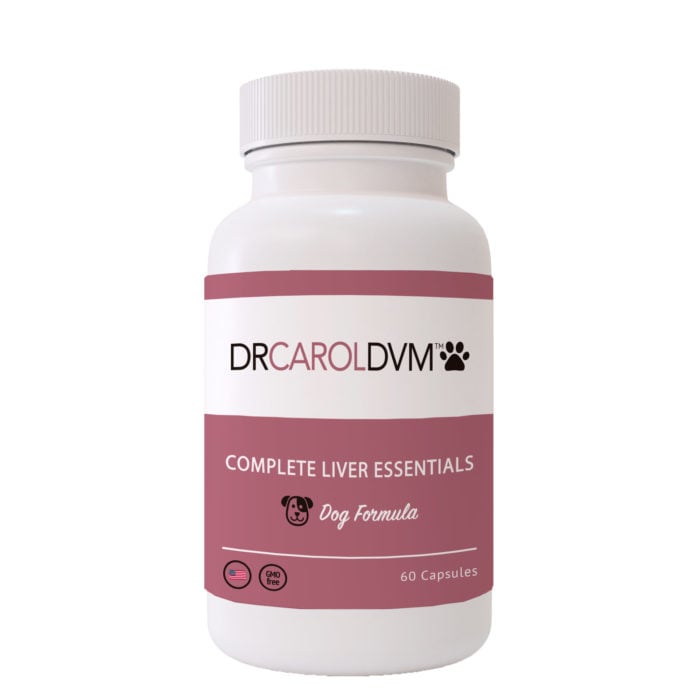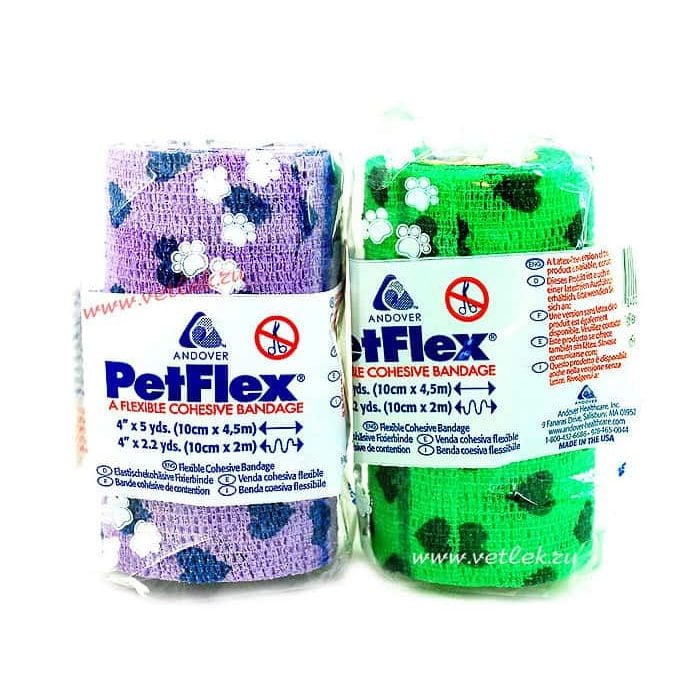Description
Chlorpheniramine Maleate Pet Allergy Relief Tablets for Dogs and Cats, 4mg Tablets
Chlorpheniramine pet allergy tablets are a mild antihistamine used in the treatment of contact, inhaled or drug induced pet allergies and itching in dogs and cats. Chlorpheniramine is also used to treat Feline Miliary Dermatitis, which is also called Cat Flea Allergy Dermatitis.
- Strength: 4mg Tablets
- Size: 100 Tablets per Bottle
- Generic Name: Chlorpheniramine Maleate (klor-fen-ear’-a-mean)
- Brand Name(s): Chlor-Trimeton (Schering-Plough)
Features:
What is this medication used for? Chlorpheniramine is a mild antihistamine used in the treatment of contact, inhaled or drug induced pet allergies and itching in dogs and cats. It is also used to treat feline miliary dermatitis in cats.
Availability: Chlorpheniramine is available as 4mg tablets in bottles of 100 tablets.
How should this medicine be used? Chlorpheniramine is not FDA-approved for use in veterinary medicine; however, it is a commonly accepted practice to use this medication in dogs and cats.
Dosage Guidelines:
The usual dose for dogs is 2-8mg per dog every 8-12 hours. For cats the usual dose is 1-2mg per cat every 8-12 hours.
What are the side effects?
Side effects may include drowsiness, vomiting, diarrhea and lack of appetite. Dry mouth and urinary retention can also occur.
What special precautions are there?
This medication should not be used in animals allergic to chlorpheniramine or similar antihistamines. Do not use chlorpheniramine when it is in combination with other medications such as acetaminophen or caffeine such as found in various cold and sinus products.
Do not use in pregnant or lactating animals.
Do not use in patients with glaucoma, prostate disease or urinary obstruction, stomach or intestinal obstruction, high blood pressure or hyperthyroidism. Use caution when given with phenothiazines such as acepromazine and other central nervous system (CNS) depressant medications. Chlorpheniramine should not be used with monoamine oxidase inhibitors (MAOIs) such as selegiline and Preventic tick collar. Use caution when given with metoclopramide. Always tell your veterinarian and pharmacist what other medications your pet is taking.
In the event of an overdose Contact your veterinarian or veterinary emergency room.
Symptoms of overdose may include excitement or seizure, drowsiness, coma, respiratory depression, and death.
How should I store this medication?
Keep this medication in the container it came in, tightly closed. Store at room temperature, away from excess heat, light, and moisture.Do not store in the bathroom. Throw away any medication that is outdated or no longer needed. Keep out of the reach of children and pets.
Disclaimer: This information is for educational purposes only and is intended to be a supplement to, and not a substitute for, the expertise and professional judgment of your veterinarian. The information is NOT to be used for diagnosis or treatment of your pet.
You should always consult your own veterinarian for specific advice concerning the treatment of your pet. The information is not intended to cover all possible uses, directions, precautions, warnings, allergic reactions, drug interactions or adverse effects, nor should it be construed to indicate that use of a particular drug is safe, appropriate or effective for your pet. It is not a substitute for a veterinary exam, and it does not replace the need for services provided by your veterinarian.
Note: Any trademarks are the property of their respective companies.







Reviews
There are no reviews yet.